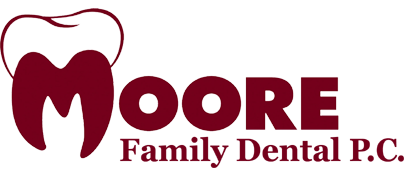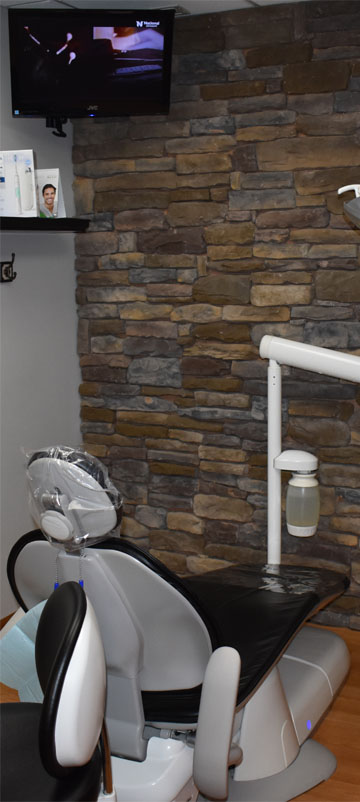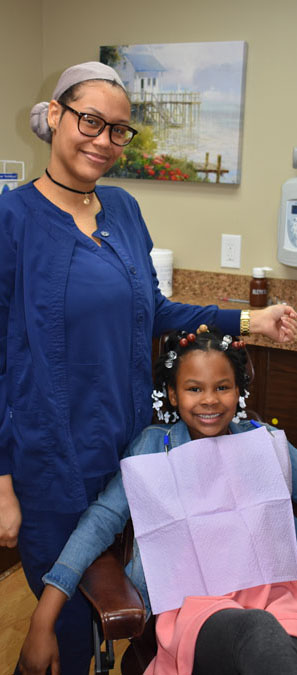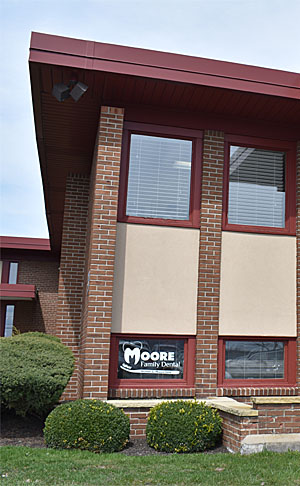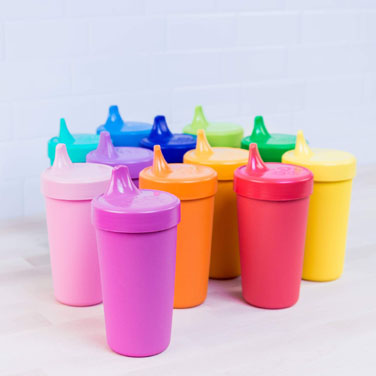 As soon as teeth appear in the mouth, decay can occur. One of the risk factors for early childhood caries (sometimes called baby bottle tooth decay or nursing mouth syndrome) is frequent and prolonged exposure of a baby’s teeth to liquids, such as fruit juice, milk or formula, which all contain sugar.
As soon as teeth appear in the mouth, decay can occur. One of the risk factors for early childhood caries (sometimes called baby bottle tooth decay or nursing mouth syndrome) is frequent and prolonged exposure of a baby’s teeth to liquids, such as fruit juice, milk or formula, which all contain sugar.
Tooth decay can occur when a baby is put to bed with a bottle. Infants should finish their naptime or bedtime bottle before going to bed. Because decay can destroy the teeth of an infant or young child, you should encourage your children to drink from a cup by their first birthdays.
Many training cups, also called sippy or tippy cups, are available in stores. Many are ―no spill‖ cups, which are essentially baby bottles in disguise. ―No spill cups include a valve beneath the spout to stop spills. However, cups with valves do not allow your child to sip. Instead the child gets liquid by sucking on the cup, much like a baby bottle. This practice defeats the purpose of using a training cup, as it prevents the child from learning to sip.
Don’t let your child carry the training cup around. Toddlers are often unsteady on their feet. They take an unnecessary risk if they try to walk and drink at the same time. Falling while drinking from a cup has the potential to injure the mouth.
A training cup should be used temporarily. Once your child has learned how to sip, the training cup has achieved its purpose. It can and should be set aside when no longer needed.
Tips
For sipping success, carefully choose and use a training cup. As the first birthday approaches, encourage your child to drink from a cup. As this changeover from baby bottle to training cup takes place, be very careful:
- what kind of training cup you choose
- what goes into the cup
- how frequently your child sips from it
- that your child does not carry the cup around
Moore Family Dental can answer any of your questions or concerns.. If your child has not had a dental examination, schedule a well baby checkup for his or her teeth. The American Dental Association says that it is beneficial for the first dental visit to occur before the child’s first birthday.
